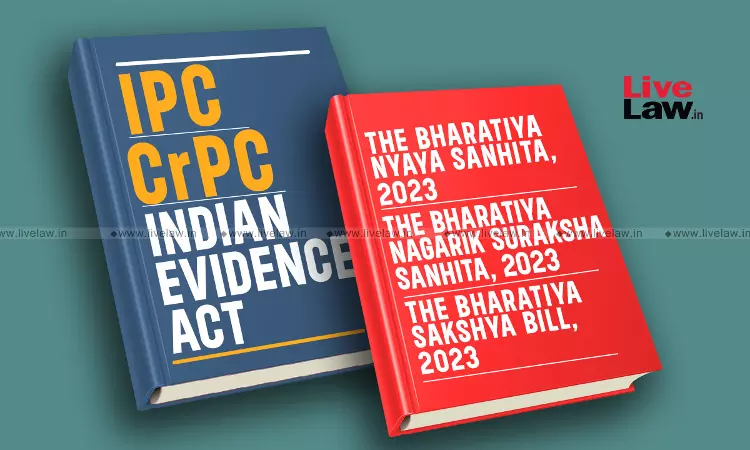The Parliamentary Standing Committee on Home Affairs has recommended that the offence of adultery be retained in the Bharatiya Nyaya Sanhita, the new bill which was introduced by the Union Government seeking to replace the Indian Penal Code.Section 497 of the Indian Penal Code, which criminalised adultery, was struck down as unconstitutional by a Constitution Bench of the Supreme Court in...

